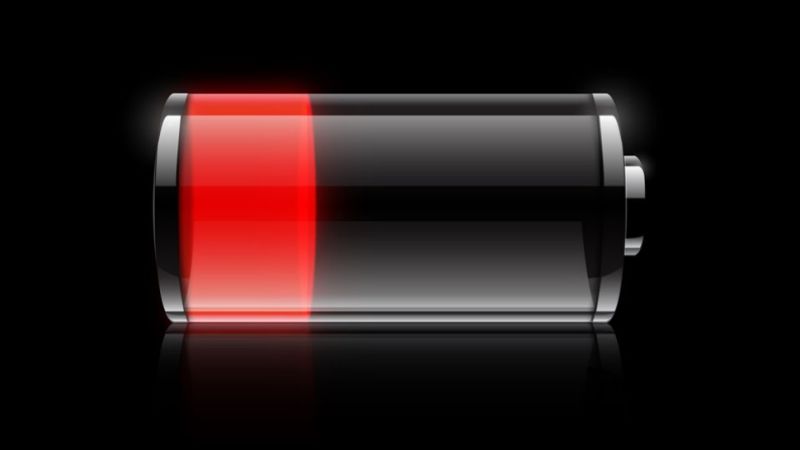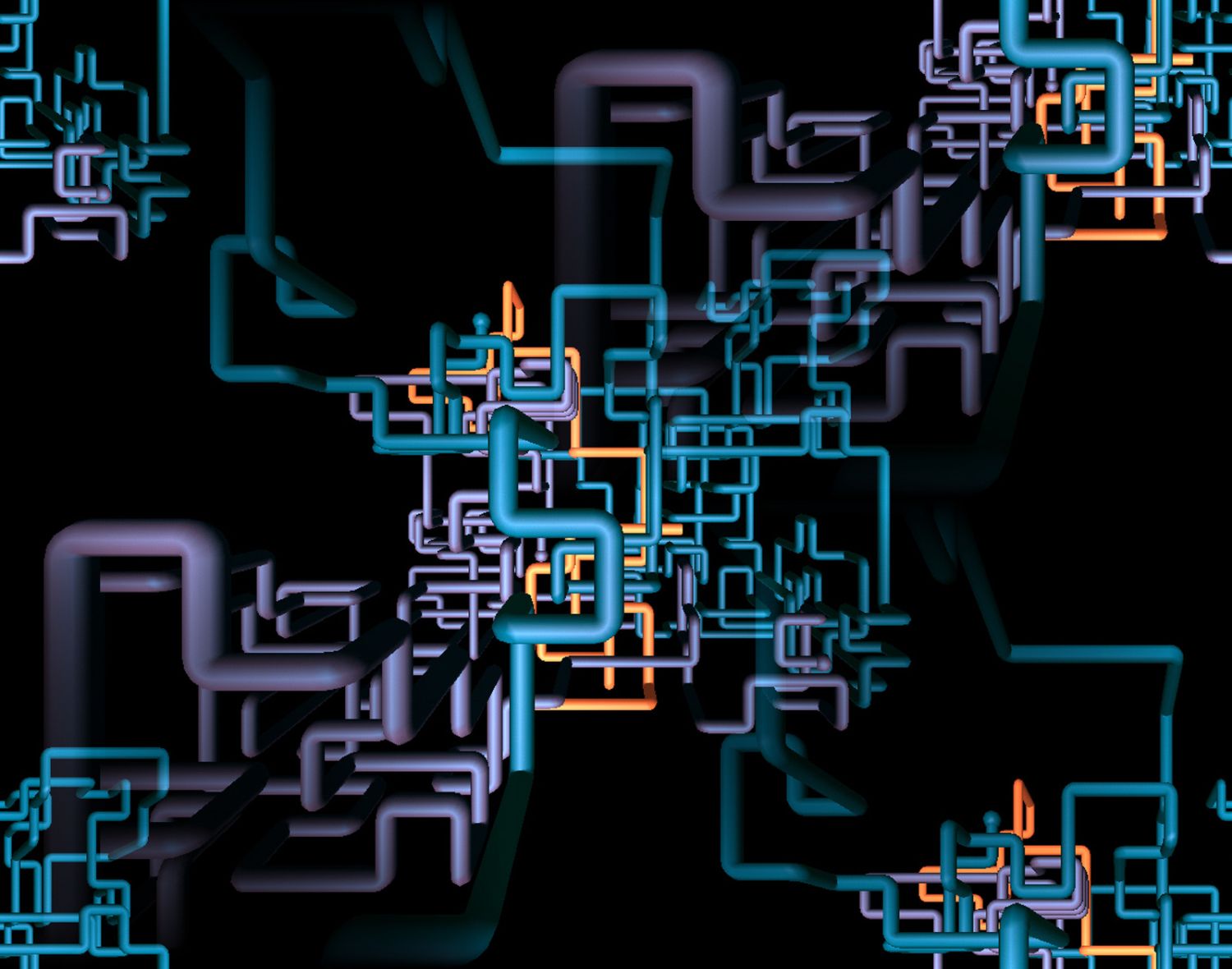October 15, 2015
|
We all want to keep our computers clean and healthy, they power our jobs, our personal connections, our relationships with faraway relatives. No matter how you use them, computers are a very important part of our lives.
Keeping them running and in good health can be complicated, and advice on how to keep them that way can be well meaning but ineffective or even harmful to your computer.
Here are a few myths we dug up that need busting.
- Draining your computer battery all the way to zero is a good thing. This may have been true at one time, but with newer battery technology this problem has been fixed. Older nickel based rechargeable batteries used to suffer from what is called, "memory effect.". Essentially, the batteries gradually lose their full capacity memory when they are not fully discharged on a regular basis. The batteries only ‘remember’ the smaller capacity and battery life is reduced.New lithium-based batteries do not have this problem and we can charge them whenever we like.

- Turning your computer of and on all the time can damage it. Another myth we hold on to from the technology days of old, is that turning your computer off and on frequently will damage it. This was true way back in the 1980’s when the disks used to store memory could potentially be harmed and lose
memory after being turned off and turned back on. This problem has long since been fixed, but the myth still lingers.
- Screen savers protect your monitor from damage. In the early days, computers came equipped with CRT monitors, which were at risk of having an image permanently burned into it if left alone on the same screen for too long. The name ‘Screen Saver’ is accurate because moving images would not cause this problem. However, nowadays we have LCD and LED monitors that do not have this problem. But the myth still stays with us.
- Adding memory makes your computer faster. If you run a lot of complicated programs at once, you might notice improved performance. However, most computers come with enough memory to keep you running smoothly, and if you don’t have that many programs running at the same time, then you might not notice the difference.
- Keep magnets away from your hard drive. Again, this used to be true! Floppy disks were very susceptible to the effects of magnets. Now, if you wanted to erase a typical hard drive with a magnet, you might need to visit a junkyard and use the electromagnet used to lift cars, or take it with you into an MRI.
|
Return to Pagoda Blog Main Page
|




